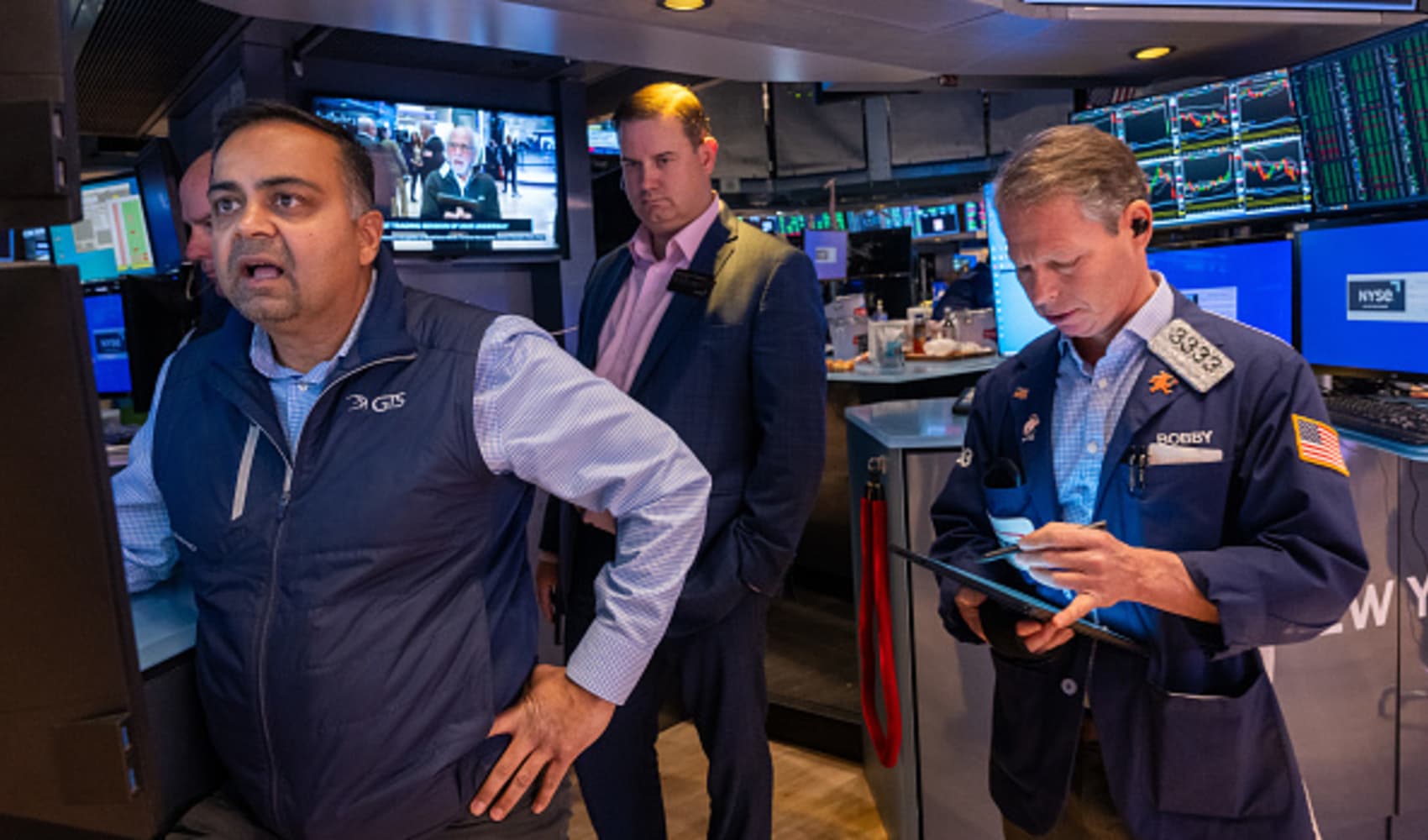
- Ripple CEO Brad Garlinghouse said the lack of clarity in U.S. regulation of cryptocurrencies is "frustrating."
- Known for the cryptocurrency XRP, the fintech company has been caught in a high-stakes legal tussle with the U.S. Securities and Exchange Commission since last year.
- In December, the SEC filed charges against the firm, Garlinghouse and a Ripple co-founder, alleging they raised more than $1.3 billion through an unregistered securities offering.
Ripple CEO Brad Garlinghouse said the lack of clarity in U.S. regulation of cryptocurrencies is "frustrating."
Known for the cryptocurrency XRP, the fintech company has been caught in a high-stakes legal tussle with the U.S. Securities and Exchange Commission since last year.
We've got the news you need to know to start your day. Sign up for the First & 4Most morning newsletter — delivered to your inbox daily. >Sign up here.
In December, the SEC filed charges against the firm, Garlinghouse and a Ripple co-founder, alleging they raised more than $1.3 billion through an unregistered securities offering.
Garlinghouse said the U.S. has yet to provide clear regulatory guidelines for cryptocurrencies unlike countries in Asia.
"I give credit to markets like Singapore and even parts of Korea where there really has been a thoughtful government-led effort to define and have clear regulatory frameworks around cryptocurrencies," he told CNBC's "Squawk Box Asia" on Friday.
Money Report
He cited the company's ongoing legal battle with the SEC as an example of where the regulatory framework remains unclear.
"Ironically, here in the United States they have not provided that same clarity. It is the only country on the planet that has said XRP is anything other than a currency," he noted. "The SEC has said... XRP is a security. And so we're now engaged in a court discussion. So far, I feel good about how that's been going, but it's certainly frustrating."
In a complaint filed in December, the SEC said Ripple "created an information vacuum" when it did not disclose the offering to investors. The agency argues the company was required to share this kind of material information with investors because XRP can be considered an investment contract "under certain circumstances" and "therefore a security under the federal securities laws."
Financial regulators globally are looking into how they should regulate the cryptocurrency industry.
Garlinghouse downplayed the current scrutiny of cryptocurrencies, saying the industry should continue to focus on what these technologies provide to customers.
"I think at the end of the day, the industry should focus on utility. And are these technologies solving real problems for real customers," he said, adding that Ripple will continue to leverage its XRP ledger and tokens to make payments efficient.






